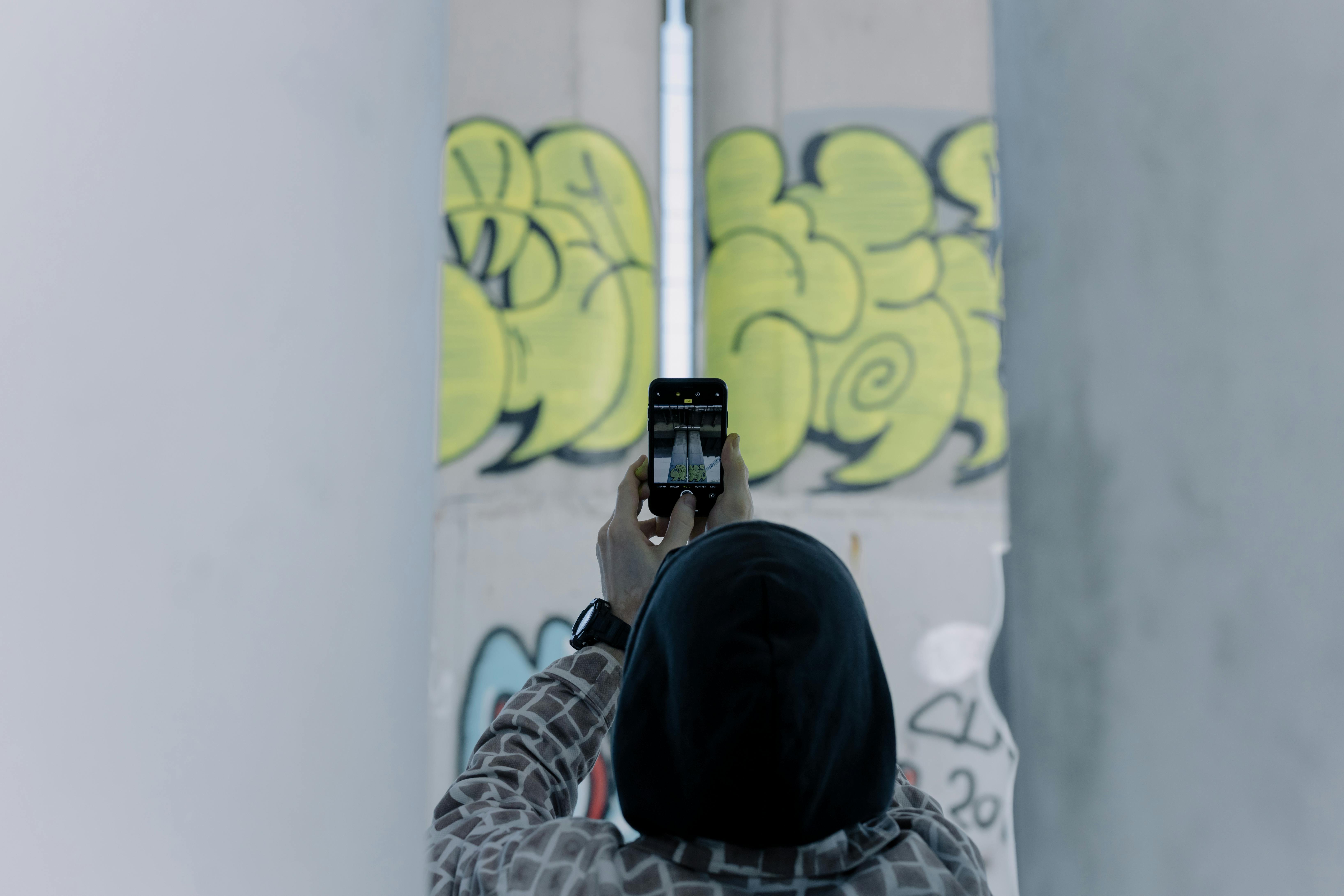
John Paul “The Beast” Mugabi – 1980 Ugandan bid for Olympic boxing gold in Moscow
Before he turned pro, the famous Ugandan boxer John Paul “the Beast” Mugabi was simply John Mugabi, a young, hard-hitting, fast and promising boxer. After winning the silver medal at the 1980 Olympics in Moscow, the 20-year-old Mugabi turned his attention to the professional scene. Renowned British trainer and manager Mickey Duff noticed Mugabi and quickly enlisted him. Duff is one of many (including Ugandan Charles Lubulwa, who participated in 3 Olympic tournaments) who believe Mugabi’s gold medal was stolen. In the professional ranks, Mugabi’s ferocity, strength, and speed in the ring earned him the nickname “the Beast,” one Mugabi has expressed as unflattering, but which the world got stuck on referring to.
It was at Sacred Heart Parish in Nogales in Arizona that Mugabi while training for what would become his most epic battle, with world middleweight champion “Marvelous” Marvin Hagler on March 10, 1986, Mugabi would acquire the name of Paul after baptism. to Catholicism (Clive Gammon, “This Beast Is a Beauty,” in ‘Sports Illustrated’; March 3, 1986).
The semi-arid ‘City of Walnuts’ of Nogales, which straddles the border with Mexico, is the largest border city in Arizona. Tiny Rio Rico is ten miles north of Nogales, and it is here at the Sheraton Hotel that a Mugabi training camp was set up in preparation for the Hagler encounter. Mugabi’s trainer, essential for him to be baptized, was Father Anthony Clark himself, the parish priest.
In 1976, the 16-year-old Mugabi won a silver medal at welterweight after losing to American Herol Graham at the World Junior Amateur Boxing Championships. Interestingly, just weeks before Mugabi’s battle with Hagler, Graham dethroned Ugandan Ayub Kalule for the European middleweight title after knocking him out in the tenth round. This fight would spell the end of Kalule’s illustrious boxing career. Many have wondered what would have been the outcome of a fight between Kalule and Mugabi. There is an age difference of 6 years, and Kalule had been an idol and mentor to the young Mugabi years ago in Kampala.
The 1976 Olympic Games, held in Montreal, were boycotted by many nations, including Uganda. Ayub Kalule was scheduled to fight for Uganda. He became a professional boxer. And so did his tag team partner Cornelius Bbosa, who would later become widely known as Cornelius Bosa (Boza) Edwards, and would become a junior lightweight champion of the world.
The highlight of the Montreal Games was the finals of the welterweight boxing division, on July 31, 1976. The young American “Sugar” Ray Leonard, who planned to leave boxing and continue his studies at the University of Maryland , faced a taller and taller Cuban with a stellar knockout record. This Andres Aldama, who had knocked out all five of his previous opponents, was expected to win. But Leonard, similar to Muhammad Ali in his previous career, adopted a “hit and run” strategy, elusively frustrating and angering the Cuban. As the Cuban charged, Leonard would throw a quick combination of solid, accurate punches and then back off. It was like a David-Goliath kill, even involving the downed Cuban, and also taking two mandatory counts.
The Moscow Olympic final of boxing’s welterweight division on August 2, 1980 marked a second coming of the experienced and feared Andres Aldama. Among his recent accolades is a gold medal at the Pan-African Games held in Puerto Rico the previous year. Aldama’s opponent, John Mugabi, at 20, was 4 years younger, much less experienced, and much less tested and well-known than him. Each of the two boxers had knocked out four of five of their previous Olympic boxing opponents. John Mugabi was Uganda’s remaining prospect for gold.
In the first lap Mugabi proved to be the most active. He threw a lot of jabs, but the tall southpaw Aldama kept most of them at bay, most of them missing the mark. Aldama seemed to be studying his opponent, sizing him up. The judges probably gave this round to Mugabi, just for the effort.
The second round saw Aldama come off his bench fighting hard and determined. He gained confidence as the round progressed, unleashing hard headshots on Mugabi several times. Towards the end of the round, he briefly stumbled Mugabi. But Mugabi bravely fought back, obviously unwilling to budge. And like most capable southpaws, Aldama occasionally confuses Mugabi when he switches to the orthodox boxing stance.
The third round was a war. Mugabi was hitting the head in the fight, but Aldama’s delivery was noticeably more significant. Aldama was also more precise. Mugabi was shooting off experience and stiff, solid shots. He didn’t give in to a knockdown, but a hypothetical fourth round would likely have resulted in Mugabi being knocked out. Mugabi always had the strength and the heart, but the inability to defend himself was the main weakness of his career.
The referee declared the fight deserved 4-1 in favor of Aldama. The entire fight is available on U-Tube. Thirty years later, the legendary John Mugabi remains the last Ugandan to win an Olympic boxing medal.